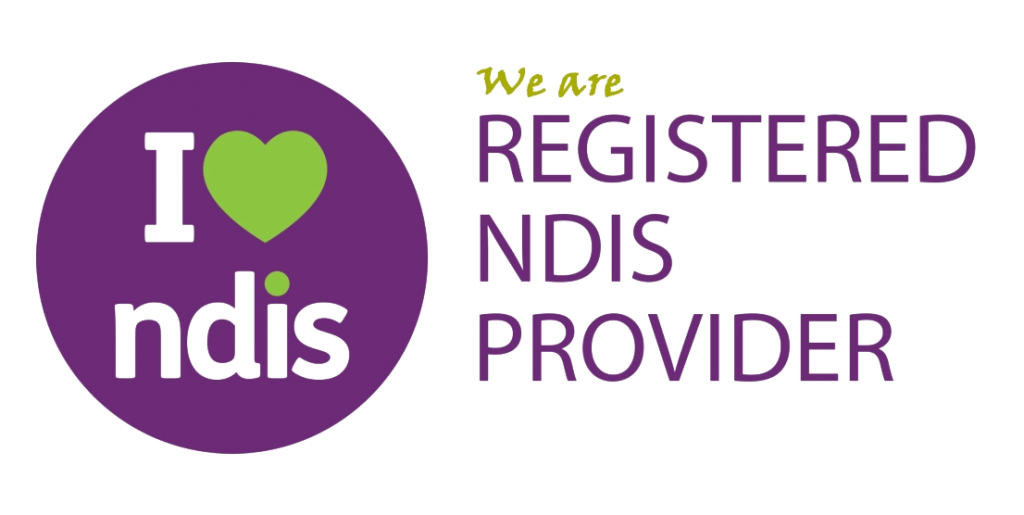The Specialist Disability Accommodation (SDA) housing market in Queensland has grown significantly in recent years — and with good reason. As the National Disability Insurance Scheme (NDIS) continues to evolve, so too does the demand for housing that supports people with disability to live more independently, safely, and with greater dignity.
Whether you’re a family member seeking a high-quality home for a loved one, or an investor looking to make a socially conscious and financially sound decision, understanding how the SDA market works is key. In this blog, we’ll explore what’s driving the growth, what families should look for in SDA properties, and what investors need to keep in mind to succeed in this specialised space.
What Is SDA Housing?
Specialist Disability Accommodation refers to homes that are specially designed or modified to meet the needs of people with extreme functional impairment or very high support needs. SDA is funded by the NDIS and supports people to live more independently while also making it easier for support workers to assist when needed.
SDA homes come in various design categories, including:
-
Improved Liveability
-
Fully Accessible
-
Robust
-
High Physical Support
They also vary in dwelling type, from apartments and villas to larger group homes, with options for shared or individual living arrangements.
The SDA Opportunity in Queensland
Queensland presents a unique opportunity in the SDA market due to several factors:
-
Growing demand from NDIS participants seeking high-quality, purpose-built housing
-
Large geographic spread with urban, regional, and remote needs
-
Government support and investment incentives to encourage SDA development
-
Ageing housing stock that no longer meets accessibility or safety requirements
As of recent reports, a significant number of NDIS participants approved for SDA still remain in inappropriate housing — including aged care facilities or group homes that no longer meet their needs. This gap between supply and demand creates both a challenge and an opportunity for families and investors alike.
For Families: What to Look for in SDA Housing
If you’re exploring SDA options for yourself or a loved one, the process can feel overwhelming at first. Here’s what to consider when evaluating SDA properties:
1. Design Category
Ensure the property matches the participant’s approved design category (e.g. High Physical Support or Fully Accessible). The home should meet current SDA design standards and allow for any necessary assistive technology or equipment.
2. Location
Location matters — not just in terms of accessibility, but lifestyle. Consider proximity to healthcare, family, public transport, shops, and community services.
3. Support Compatibility
Does the home allow you to bring your own support provider, or does it come with on-site supports already in place? Flexibility is key for many participants who want choice and control over their care.
4. Future-Proofing
A great SDA home should support changing needs over time. Look for properties that allow for customisation, offer adaptable layouts, and consider long-term accessibility.
5. Community and Independence
The best SDA homes strike a balance between privacy and connection — allowing residents to enjoy their independence while still feeling part of a community.
For Investors: Key Considerations Before Entering the SDA Market
SDA property investment is unlike standard residential real estate. While the returns can be attractive (with long-term government-backed funding), this market comes with specific responsibilities and risks.
Here’s what investors need to know:
1. Understand SDA Design and Compliance
To be eligible for SDA payments, properties must meet strict NDIS SDA Design Standards. This includes everything from entry widths and kitchen accessibility to the inclusion of assistive technology or hoist infrastructure.
Engage accredited SDA assessors and architects who specialise in accessible design to ensure full compliance.
2. Know the Funding Structure
SDA payments come from the NDIS and are paid directly to the SDA provider, based on participant tenancy and category. Funding levels differ by location, design category, and dwelling type. Higher rates are available for homes meeting High Physical Support standards or offering on-site overnight assistance.
It’s important to understand that vacancies impact returns. Without a matched participant, an SDA home won’t generate income — making location and demand key factors in planning.
3. Research the Local Market
Before developing or purchasing, assess the local SDA demand. Are there participants approved for SDA in the area? What categories are most in need? Speak with support coordinators, local area coordinators, and SDA providers for insights.
4. Work with Reputable Providers
Many investors choose to partner with experienced SDA providers who can manage the property, assist with tenant matching, and ensure ongoing compliance. This not only simplifies the process but reduces risk.
5. Social Impact Matters
Beyond financial return, SDA investment creates a lasting positive impact. You’re helping people with disability access a safe, stable home that enhances their quality of life — something families deeply value when choosing where to live.
Collaboration is Key
The most successful outcomes in the SDA market come when families, support coordinators, investors, and providers work together. Open communication, person-centred planning, and a shared commitment to long-term quality and sustainability help ensure SDA housing isn’t just available — it’s genuinely life-enhancing.
Families benefit from providers who listen and personalise their approach. Investors benefit from understanding real needs on the ground and developing properties that people want to live in, not just buildings that meet a code.
Queensland’s SDA housing market is full of potential — for families seeking a better living environment for their loved ones, and for investors wanting to make a meaningful and financially sound contribution to inclusive housing.
But with this potential comes responsibility. SDA is not just another property play — it’s about providing real homes for real people. That means understanding the rules, the needs, and the values that drive the sector forward. Whether you’re just beginning your SDA journey or ready to take the next step, getting the right guidance and support is essential.
At The Independent Living Company, we specialise in creating boutique SDA homes across Queensland that are customisable, compliant, and above all, human-centred. We work with families, support coordinators, and investors to deliver homes that truly meet the needs of people with disability — today and into the future.
Want to learn more or partner with us? Get in touch and let’s build something meaningful together.




